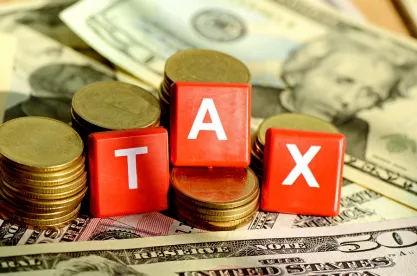We have previously written about Judge Mark V. Holmes’ dislike of the Internal Revenue Service’s (IRS) practice of issuing subpoenas to non-parties without informing the taxpayer. To recap, Tax Court Rule 147 allows a party to issue a subpoena to a non-party but does not specifically require that prior notice be given to the other side of the issuance of the subpoena. Rather, the subpoena is enforceable as of the beginning of the court’s trial session. In contrast, Fed. R. Civ. Proc. 45 requires notice to other parties before service of non-party subpoenas for the production of documents, information or tangible things. In two prior orders, Judge Holmes ordered that the IRS must serve on taxpayers all non-party subpoenas together with all responses and documents that the non-parties produced have been in the form of unpublished orders. In his orders, Judge Holmes adopted the notification requirement of Fed. R. Civ. Proc. 45, and explained his rationale for his orders.
Unfortunately for taxpayers, Tax Court orders are not to be treated as precedent under Tax Court Rule 50(f), and therefore are not binding on any other Judge of the Tax Court. This point is illustrated by Judge Carolyn P. Chiechi’s December 2, 2016, orders in six related cases (see, e.g., Tangel v. Commissioner), where she stated that “[a] party that issues a subpoena under Rule 147(a) and/or (b) is not required to give prior notice to the other party.” Judge Chiechi further noted that under the facts and circumstances presented the IRS did not issue the subpoenas to harass, annoy, embarrass, oppress or cause an undue burden on the taxpayers.
Judges Holmes’ and Chiechi’s views on the IRS’s use of secret subpoenas appear to be irreconcilable on the question of whether notice of a non-party subpoena is required. Based on the IRS’s position in Tangel, it does not appear that the IRS will voluntarily follow Judge Holmes’ views on the matter. One hopes that the Tax Court will adopt a uniform position, either by issuing a published opinion on the issue or continuing its recent trend of amending its rules to more closely followed the Federal Rules of Civil Procedure.
Note: Until the Tax Court adopts a uniform rule against “secret subpoenas,” taxpayers should routinely and regularly issue discovery requests on the IRS seeking: (1) a list of all third-party contacts, including the documents sent and received; (2) copies of all subpoenas, including a copy of all documents sent and received; and (3) a list of the dates on which the third-party contacts occurred, including phone calls and meetings. These requests should be made at the beginning of every case, and it should be stated that the requests are continuing in nature.



 />i
/>i
